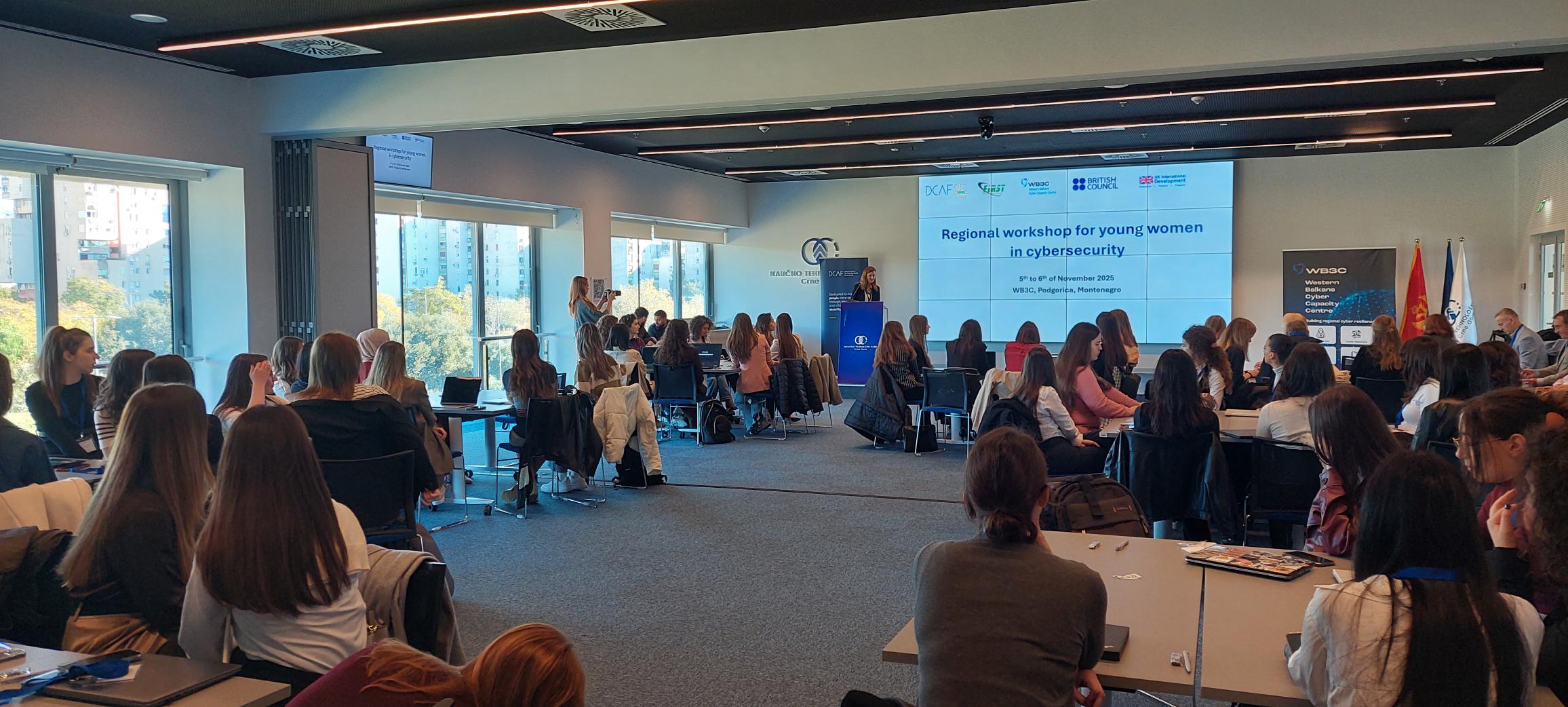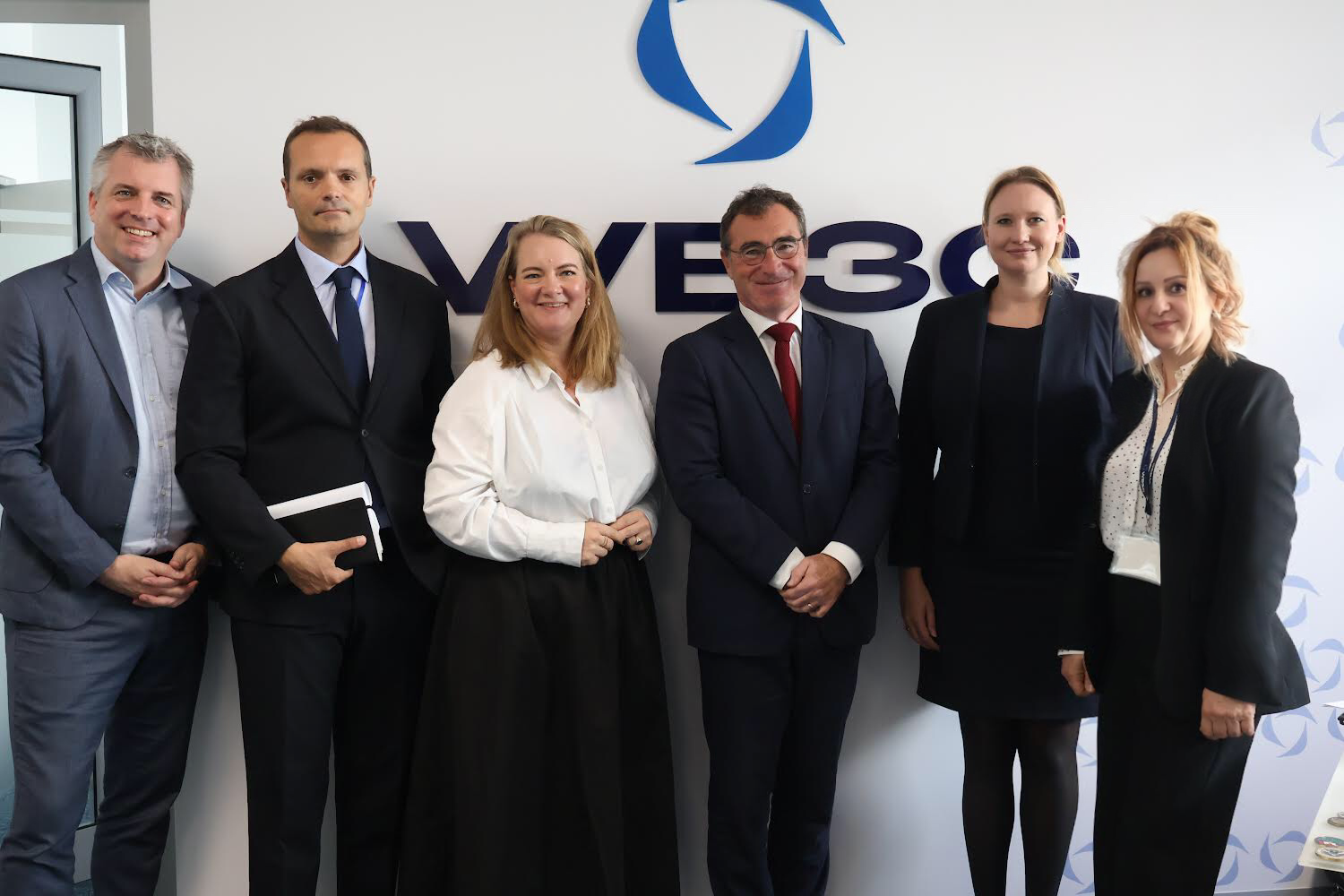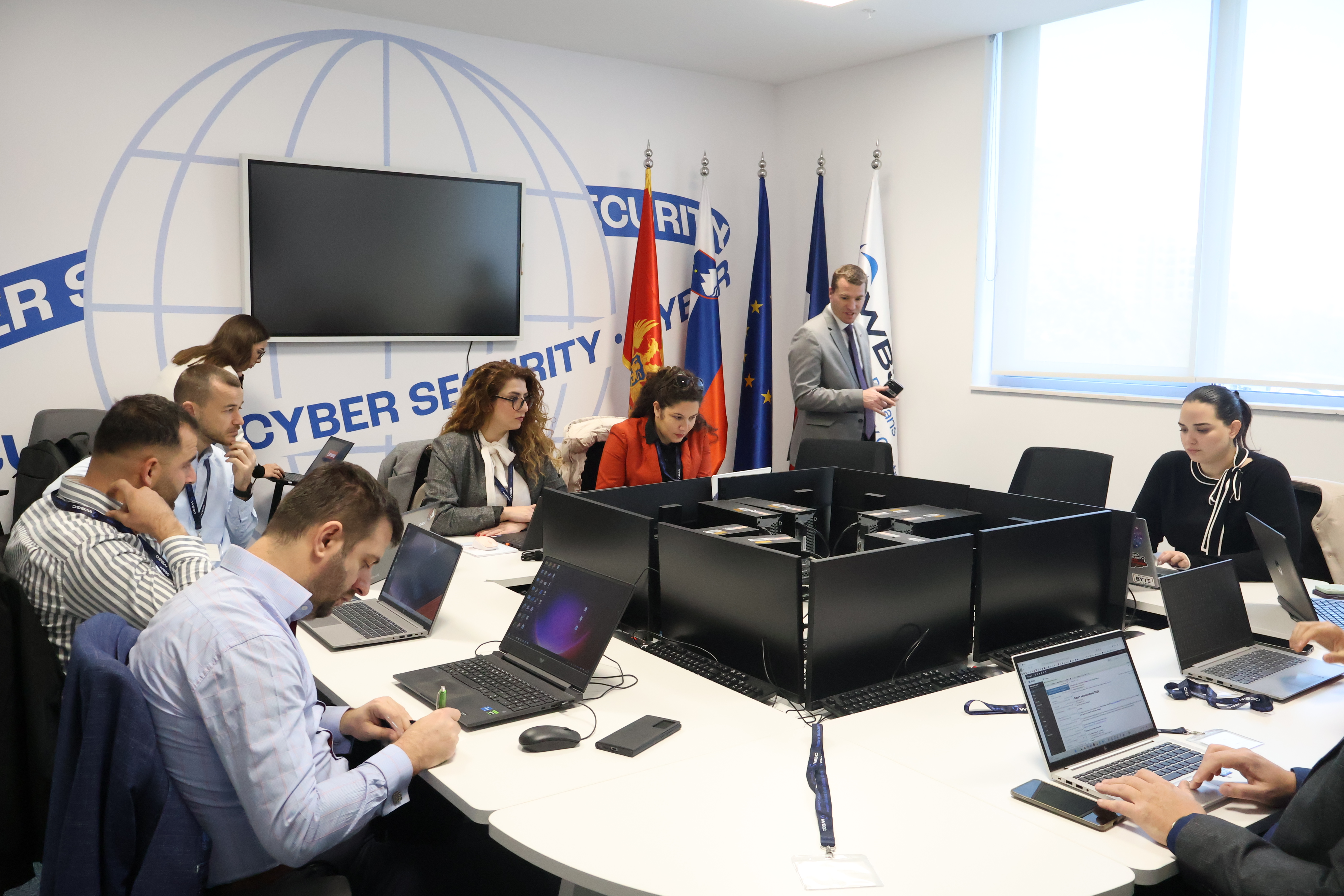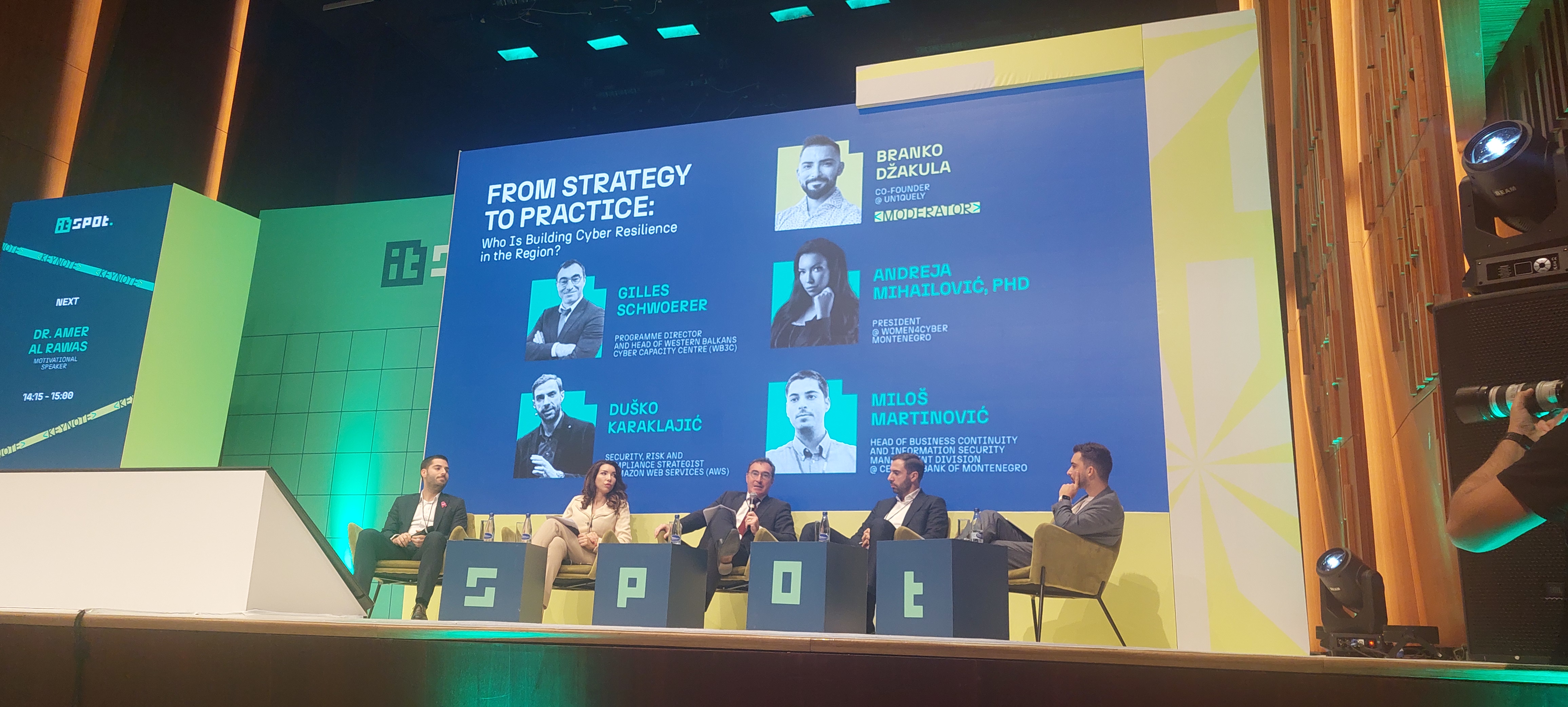IT SPOT 2025 opened yesterday, 30 October, and continues today in Podgorica. Montenegro’s leading tech summit gathered global voices in innovation, AI and cybersecurity at the Montenegrin Music Centre.
Our Program Director and Head of WB3C, Gilles Schwoerer, joined a panel moderated by Branko Džakula of UN1QUELY to examine capacity building in the Western Balkans. Two questions framed the discussion:
- how to grow talent sustainably over the long term and
- how to reduce brain drain.
Gilles outlined WB3C’s institutional capacity-building across cybersecurity, cybercrime and cyber diplomacy as short-term gap fillers. However, for durable results, he emphasized the need to co-develop curricula with universities and the private sector and enable a continuous talent growth. To illustrate this, he described WB3C's two diploma programs that we deliver jointly with universities: one on digital forensics, and a new course on cybersecurity launching next month. The approach WB3C is taking is to find ways of embedding these modules in university programs to enhance academic offer for long term development.
On brain drain, Gilles stressed that maintaining strong links with your cyber alumni at home and abroad is key for creating a reserve pool of experts and described France’s cyber reserve model as a template for national surge capacity and civic commitment. He explained that the reserve model fosters a sense of patriotism and obligation to help your country in need.
Andreja Mihailović, President of Women for Cyber Montenegro and Manager of the Cybersecurity Innovation Hub at the University of Montenegro reinforced the idea that cybersecurity is mission-driven work and not just a career path. She said that cybersecurity does not only protect our technology and our infrastructure but it protects people: it protects hospitals from ransomware, schools from cyberbullying, and our elections from manipulation. Skills matter, and so do values. Purpose, recognition and a sense of service are things that keep talent engaged.
Another important point made at the panel is that we should speak about brain circulation rather than brain drain, as it is important for young people to be able to gain international experience so they can come back to share this knowledge at home.
Thank you to ICT Cortex for an excellent event and for enabling us to reconnect with partners and friends, hear insightfl presentations and meet new people that are interested in joining forces with us for a stronger Western Balkans.






